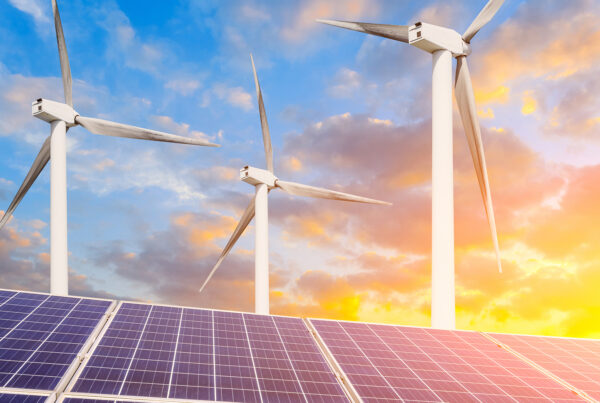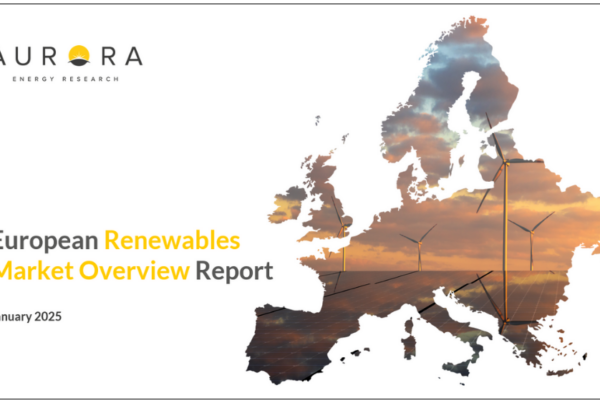
The Dutch Energy market has a clear message: The electricity grid is reaching its limits. With a swift increase in renewable energy projects and electrification initiatives but limited grid expansion, securing grid connections has become challenging. Additionally, grid fees have seen significant hikes, and real-time congestion is on the rise. Since most decarbonisation technologies rely on electricity, reduced access and high grid costs are threatening the national energy transition.
Acknowledging these challenges, the Dutch Government introduced its Grid Congestion Action Program in December 2022, outlining policy proposals for the medium term. These proposed changes will significantly impact various energy technologies. While some may face increased costs, they also present opportunities for new revenue streams and for forward-thinking participants to capitalise on the changing energy landscape.
In this report, we will delve into these grid-related themes by tackling the following questions:
- Where is congestion taking place, and how will grid availability impact solar and wind build-out towards 2030?
- How are grid fees set, what has been driving their increase, and how will they develop going forward?
To learn about more about our Origin software that helped the team produce this report, contact Enea Balliu






